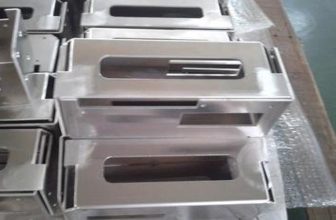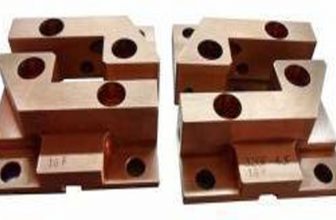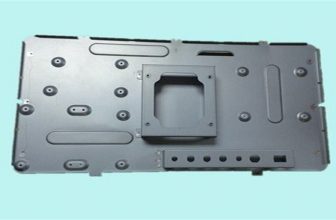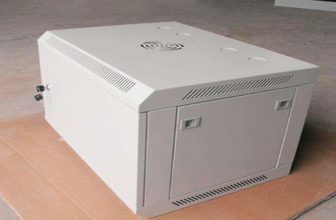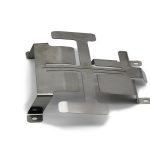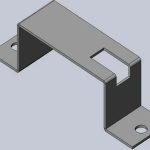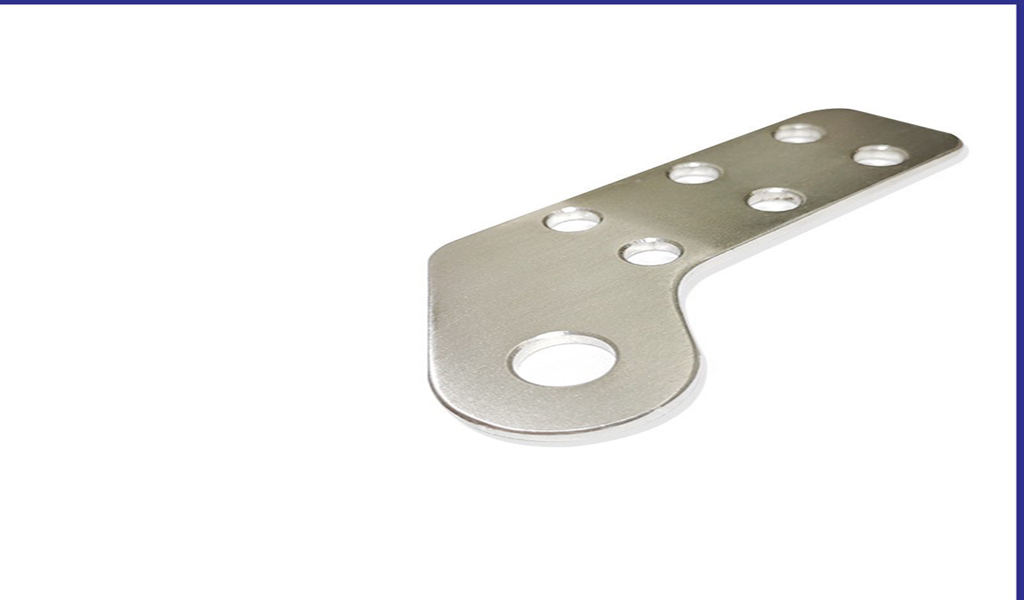
- 1. Heat resistance With the emergence of high-speed molding machines, the production speed of plastic products is accelerated. Since the molding temperature is generally between 160 and 350 °C, some of them have poor fluidity and fast forming speed, which will cause the surface temperature of the mold part to exceed 400 °C in a very short time. When the working temperature of the mold is high, the hardness and strength of the mold will decrease, resulting in early wear of the mold or plastic deformation and failure. In order to ensure the precision and small deformation of the mold during use, the mold steel should have high heat resistance. In order to reduce the temperature rise, the die steel should have good thermal conductivity and low thermal expansion coefficient.
- 2. With sufficient temperature at the working temperature, the working conditions of the mold are mostly very bad, and some often bear a large load, which leads to brittle fracture of auto parts. The extrusion molding pressure is relatively large, generally 10~35MPa. Therefore, in order to prevent sudden brittle fracture of mold parts during operation, the mold must have high strength and toughness.
- 3. Wear resistance With the expansion of the use of plastic products, inorganic materials such as glass fiber are often added to plastics to enhance plasticity. Due to the addition of additives, the fluidity of plastics is greatly reduced, resulting in mold wear, so The mold is required to have good wear resistance.
- 4. Corrosion resistance Add flame retardant and polyvinyl chloride to abs resin, which may release corrosive gas during the molding process, and sometimes cause the mold to be rusted and damaged at the air runner mouth, so the mold steel is required to have good corrosion resistance.
- 5. Good machining performance With the large-scale plastic products, complex shapes and precision, the steel used for molds is required to have good machining performance and less work hardening during the cutting process. In order to avoid the deformation of the mold and affect the accuracy, it is hoped that the residual stress during fabrication can be controlled to a minimum.
- 6. Mirror polishing processability The inner surface of the mold cavity is smooth, and the molding surface needs to be polished into a mirror surface, and the surface roughness is lower than Ra0.4μm to ensure the appearance of the plastic pressed parts and facilitate demoulding.
- 7. Dimensional accuracy Mold inserts have high machining accuracy and high matching accuracy, and the dimensional accuracy of the cavity is generally 3 to 5 grades. The joint surface of the mosaic cavity needs to be tightly closed to prevent the molten material from entering the gap and causing material leakage.
- 8. Photo-erosion performance of pattern patterns Many plastic products have added patterns on their surfaces in order to beautify them. In the leather industry, large-scale leather embossed plates are used, which all require mold steel to have good pattern photo-erosion properties.
Therefore, the die steel of automobile stamping parts should meet the performance properties such as strength, hardness, wear resistance, heat resistance, corrosion resistance, etc. At the same time, it should also have good polishing properties, dimensional stability, easy nitriding and heat treatment. Small deformation and other process properties; good Physical properties such as thermal conductivity and small coefficient of linear expansion.
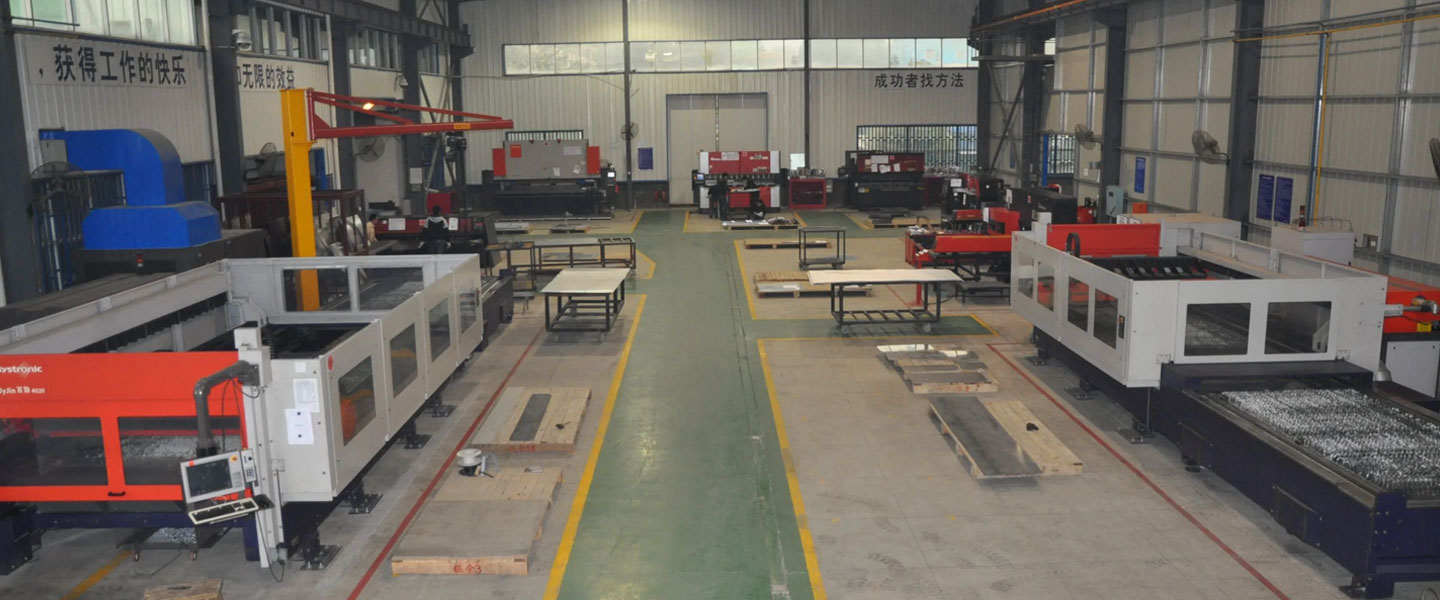
Pintejin Sheet Metal shop offers a cost-effective solution for a wide range of industries with our custom metal stamping and custom sheet metal fabrication capabilities. Our stampnig operations include a variety of sheet-metal forming manufacturing processes, such as punching, blanking, embossing, bending, flanging, and coining. Our professional, experienced and well-trained engineers can execute the complex metal stamping operations with precision and accuracy.
No matter what your metal fabrication needs are, Pintejin can offer the right solution: from single sheet metal part or sub-assembly of stamped metal parts to turnkey solutions for mechanical and electrical assemblies. We have the technology, equipment and the experience to fabricate customised metal products from aluminium sheet metal fabrication, steel, zinc plated steel, stainless steel sheet metal fabrication, brass and copper. Designs that require CNC machining of surfaces or components can be accommodated. We can supply polished, galvanized, zinc coated or powder coated finishes for any sheet metal work or stamped metal components. Coupled with our accurate and reliable metal fabricating equipment, we guarantee precision and repeatability in custom sheet metal work. You’ll be taking advantage of the best sheet metal fabrication china can produce.



